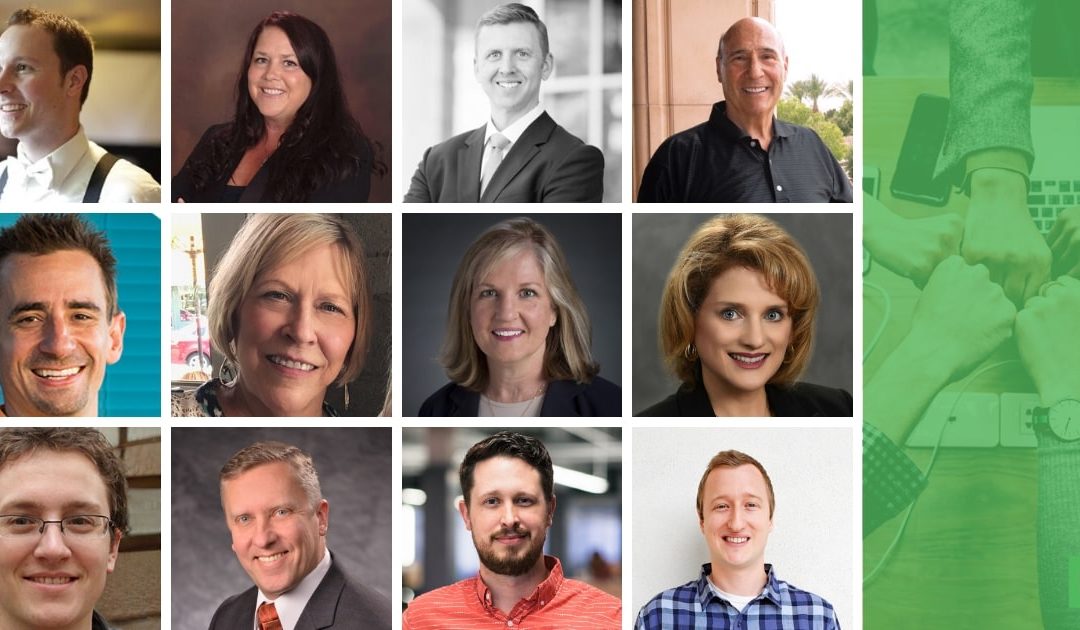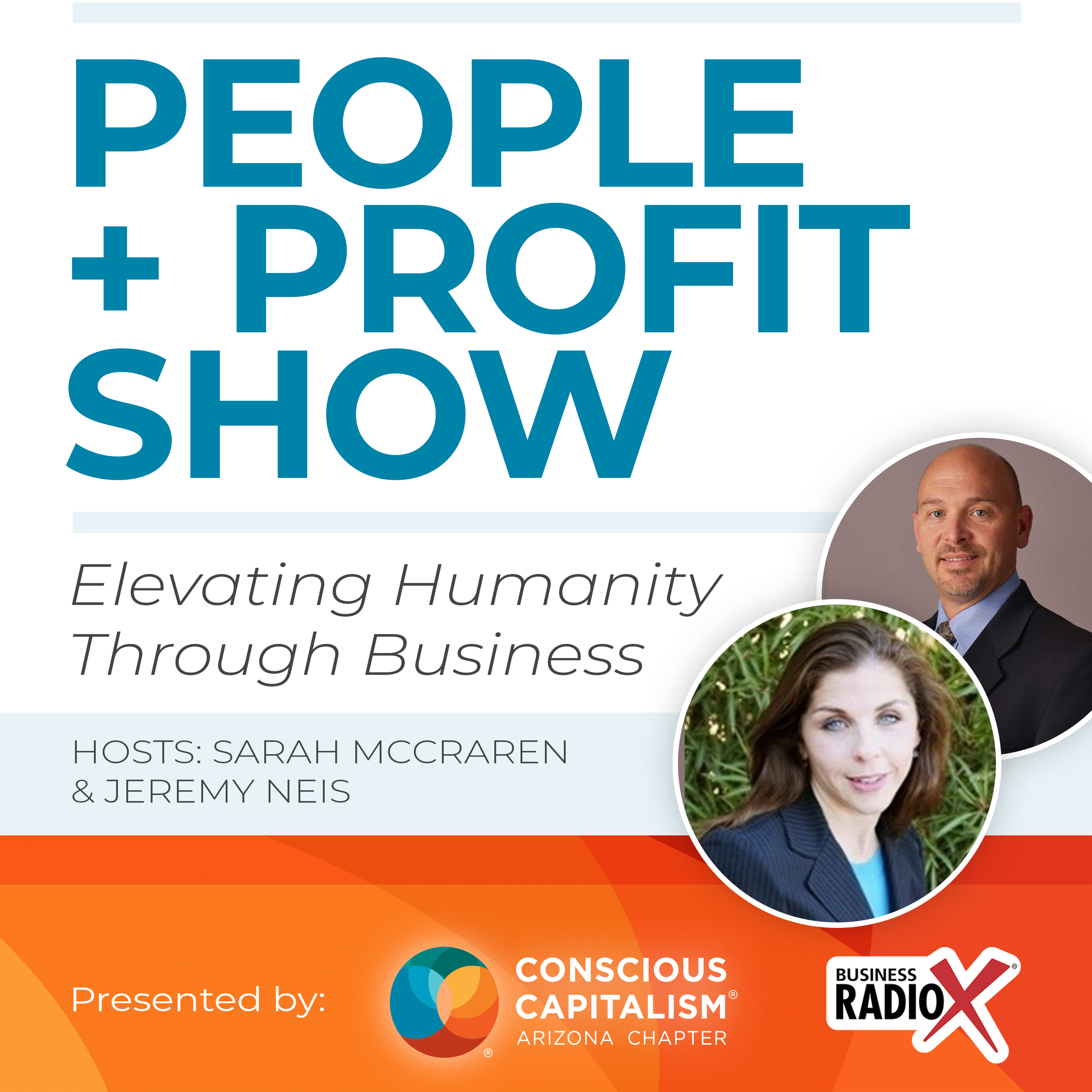Stakeholders are a vital part of a business and deserve to feel acknowledged throughout every move the business makes. It is crucial to keep them informed and involved in the process so that there is always a clear line of transparency and communication.
How can businesses maintain a positive relationship with their stakeholders? We asked 12 thought leaders to share their best tips on how to make stakeholders feel seen and heard.
Identify Your Stakeholders
The first step in ensuring that your stakeholders feel seen and heard in your company is to identify who your stakeholders are. This list can be long considering a stakeholder is anyone who is affected by your work, so take time to create a detailed list and figure out what motivates these individuals and groups.
Andy Newstrom, Arrow Lift
Give Credit and Praise
Give praise often to the stakeholders that play a large role in the success of your company. Managers, colleagues, suppliers, investors, etc. all play a part in keeping your business running. Pay attention to the little things people do and make sure they are given credit for their hard work.
Vicky Franko, Insura
Set Time Aside for Them
The best way to make sure your stakeholders feel heard is to actually listen to them. Set aside time to meet with individuals or groups of stakeholders to identify their needs. Try to see where all stakeholders are coming from and put yourself in their shoes to better understand their motivation and goals.
Court Will, Will & Will
Open Communication
We have developed a joint program plan as a guide and to set the direction. As well, we have one-on-one sessions ensuring we understand and are meeting expectations throughout the implementation. We also have spent time upfront clarifying roles expectations.
Dr. Bob Ruotolo, Quantum Performance Institute
Evaluate Each Relationship
I re-evaluated certain stakeholder relationships for the ideal fit. After evaluation, if it was no longer an ideal fit, I amicably ended the relationship. I said “no” to some, so I could say “yes” to more of the right stakeholders. I wished the same clarity to my stakeholders so they could find their best fit and advance in the direction of their bigger vision.
Mark Jamnik, Enjoy Life Daily
Continuous Updates
I am continuing to charge my tax preparation fees, but I am providing continual newsletters, and email updates on the constantly changing rules for the PPP loans and Economic Disaster loan and grant program, as well as other opportunities to apply for local grants.
Joanne M Elsen, CPA PC
Individual Outreach
We’re in a unique position and it allows us the luxury of a lot of individual outreach. We know that everyone’s position and response is different and only through listening, can we develop an appropriate response.
Tammy McLeod, Flinn Foundation
Have an Open Dialogue
This is time to live as a fellow community citizen, listening to stakeholders’ needs and wants beyond the service/solution you provide. I am doing this by having dialogues about life experience, family, etc…. Making connections within my network to create value and provide the support that will allow us all to move forward post-crisis.
Nicole Spracale, Coaching & Consulting
You Have to Be Personal About It
Sending them all the same email is not going to make anyone feel like their individual concerns and questions are being answered. Make time for everyone, like they would do the same for you.
Andrew Roderick, Credit Repair
Let Employees Choose to Return to the Office
No employee should be required to return to the office before they are ready to do so. We will make arrangements that will allow them to continue to work, no matter how long it takes for the crisis to abate.
Keith Piscitello, Simply Sophisticated Wealth Planning, LLC
Use a 3rd Party to Survey and Interview Your Stakeholders
A lot of companies use surveys and interviews to get feedback from stakeholders (like team members, customers, and vendors). But often the feedback is filtered or biased since the person giving the feedback knows that the feedback is going directly to the company representatives they have a direct relationship with. Getting truly candid answers can be tough. Engaging a 3rd party – a consultancy or agency – to gather and then analyze the feedback, can work wonders to get more unfiltered, candid feedback from stakeholders. And beyond that, an expert 3rd party will often know how to ask questions in a way that negates biases in the way the questions are phrased or ordered. I highly recommend considering this approach on your next survey or interview series.
Mike Jones, Resound branding agency
Look for Potential Solutions, Not Potential Problems
First, I’m trying to remain positive. When tragedy strikes there’s a certain percentage of the population who will always act out of fear. Calming that fear takes a positive mindset. One where you are looking for potential solutions, not potential problems. To show stakeholders we care, it’s all about empathizing, working together, putting in extra effort, and most importantly, staying positive.
William Daniel, SEO Agency





